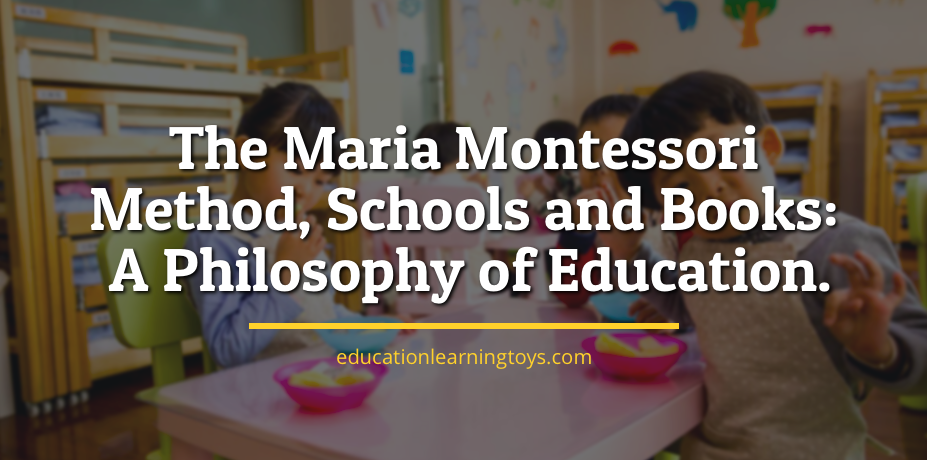How to Be a Successful Adult Student – Overview of Five Attitudes
 Being a successful adult student is significantly different from being a successful high school student, and it does no’t matter if you go directly from high school into college or if you are returning to school after some years of working. There are skills necessary for adult education, skills which, while helpful in high school, do not really become critical until you are continuing your education as an adult.
Being a successful adult student is significantly different from being a successful high school student, and it does no’t matter if you go directly from high school into college or if you are returning to school after some years of working. There are skills necessary for adult education, skills which, while helpful in high school, do not really become critical until you are continuing your education as an adult.
The difference between secondary education and adult education can be partially explained by the need to balance your schooling with other demands upon your time, your energy, and your time. Even if you worked in high school, such work was in addition to your schooling, but if you are attending school as an adult you need to balance work, and other forces, with your schooling.
The other major difference between secondary education and adult education is the difference in expectations, both by yourself and by your instructors. In high school, your teachers were willing to accept excuses; you were, in their eyes, a person developing your personality and skills. However, in adult education, you are assumed to have developed your life skills, your studying skills, and your classroom skills. While the instructor is willing to help you improve, you are assumed to be responsible for your capabilities.
One of the areas in which you need to have a developed capability is in your attitudes. The adolescent attitudes of high school are no longer acceptable, and your instructors are going to assume that you have the attitudes and principles necessary to learn as an adult. So the question naturally arises, what are those attitudes necessary for adult education? Let us explore them.
Having Goals
In grade school, it is acceptable if you have not really set your goals. After all, you are still growing, at least mentally, well beyond your teen-age years. However, by starting your education at an adult level, you need to have the ability to set goals. The instructor will not give your goals to you, although they would be glad to help you do it yourself. Without a clearly defined set of goals, the chances of you getting a post-secondary degree drop dramatically (approximately to 1 in 5, based on my personal observation). The reason for this is that without the goals to drive you the outside considerations of life become overwhelming.
Perseverance
As an adult learner, you will encounter subjects and classes which will be difficult, even if you could cruise through high school. These classes will eventually stretch you to your limits, for no matter how much you know, there is someone who knows more, and that someone is often teaching a class. Also, as has been said, life will continue to put challenges in your way. Thus, both in school and out you will be faced with reasons to quit your classes and quit your schooling. You must find the means to persevere, to continue on. This perseverance is often a combination of the drive provided by your goals and your belief in yourself.
Self-Belief
Adult education requires you to believe in yourself. No longer is the driving force external; the reason you go to school beyond high school must include the belief that you can do the work. This belief must be extended to include the belief that you will do the work. Maybe you do not see how to get it all done right away, but you must have the belief that you will find a way. Without this belief, you will become overwhelmed, and will very likely quit your schooling.
Be Open Minded
I very carefully did not use the word tolerant, although tolerance can be a valuable attitude. However, you must be open minded to the process of education. This means you must accept two premises which many people find hard: first, you must accept that your instructor knows more than you do, and second, you must accept the fact that you will (occasionally) be wrong. The first premise means that you need to listen to your instructor in the class; it does not mean that the instructor is better than you, only that they know more about the subject of the class than you do. The second premise is necessary for you to learn new things; as the saying goes, before you can be great you must be good, and before you can be good you must be terrible. Accept this premise, and learn from your mistakes.
Conquer Procrastination
The final absolutely required attitude for adult education is the overcoming of procrastination. The work of adult education cannot be done overnight, which is likely how you got through high school. The adult class will meet once or twice a week, and the assignments are designed to fill in that gap. This means that it is likely the assignments will take more than one study session to complete. The result of this premise is a need for planning and prioritizing, which are discussed elsewhere. Do not make the mistake of putting off the work of the class, for it is likely that you will not complete the assignment if you do so. The typical rule is that there will 1 hour of work outside of the class for every credit the class is worth every week; for example, a 3 credit class will typically need 3 hours of work outside of class every week. Do not be surprised if it takes more.
Other attitudes
The attitudes discussed here are not the only attitudes which will help you succeed as an adult student, but most of the students I have seen who have not completed their program of study have done so because they were missing one or more of these attitudes. Each of these attitudes is worthy of further exploration, and they are linked to other attitudes that will improve your chance of success. Each of them can be developed, if you choose to do so. Developing these attitudes is well worth the effort, and even if you feel you have the proper attitudes, recognize you can always improve. That is the best benefit of being human. I hope you choose to do so, and I look forward to your success as a continuing adult student.


